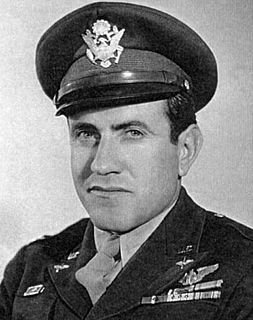A Quote by Sydney J. Harris
A winner rebukes and forgives; a loser is too Forgiveness breaks the chain of causality because he who forgives you -- out of love -- takes upon himself the consequences of what you have done. Forgiveness, therefore, always entails a sacrifice.
Related Quotes
Forgiveness breaks the chain of causality because he who 'forgives' you--out of love--takes upon himself the consequences of what you have done. Forgiveness, therefore, always entails a sacrifice. The price you must pay for your own liberation through another's sacrifice is that you in turn must be willing to liberate in the same way, irrespective of the consequences to yourself.
We do not have to make ourselves suffer in order to merit forgiveness. We simply receive the forgiveness earned by Christ. 1 John 1:9 says that God forgives us because He is ‘just.’ That is a remarkable statement. It would be unjust of God to ever deny us forgiveness, because Jesus earned our acceptance! In religion we earn our forgiveness with our repentance, but in the gospel we just receive it.
The person who is living by grace sees this vast contrast between his own sins against God and the offenses of others against him. He forgives others because he himself has been so graciously forgiven. He realizes that, by receiving God’s forgiveness through Christ, he has forfeited the right to be offended when others hurt him.
Forgiveness entails the authentic acceptance of our own worthiness as human beings, the understanding that mistakes are opportunities for growth, awareness and the cultivation of compassion, and the realization that the extension of love to ourselves and others is the glue that holds the universe together. Forgiveness...is not a set of behaviors, but an attitude.
The Winner is always part of the answer.
The Loser is always part of the problem.
The Winner always has a program.
The Loser always has an excuse.
The Winner says, "Let me do it for you."
The Loser says, "That's not my job."
The Winner sees an answer for every problem.
The Loser sees a problem for every answer.
The Winner sees a green near every sand trap
The Loser sees two or three sand traps near every green.
The Winner says, "It may be difficult but it's possible."
The Loser says, "It might be possible but it's too difficult."
Be a Winner.
If a person has done wrong, is conscious of what he has done and does not say sorry, I ask God to take him into account. I forgive him, but he does not receive that forgiveness, he is closed to forgiveness. We must forgive, because we were all forgiven. It is another thing to receive that forgiveness.































